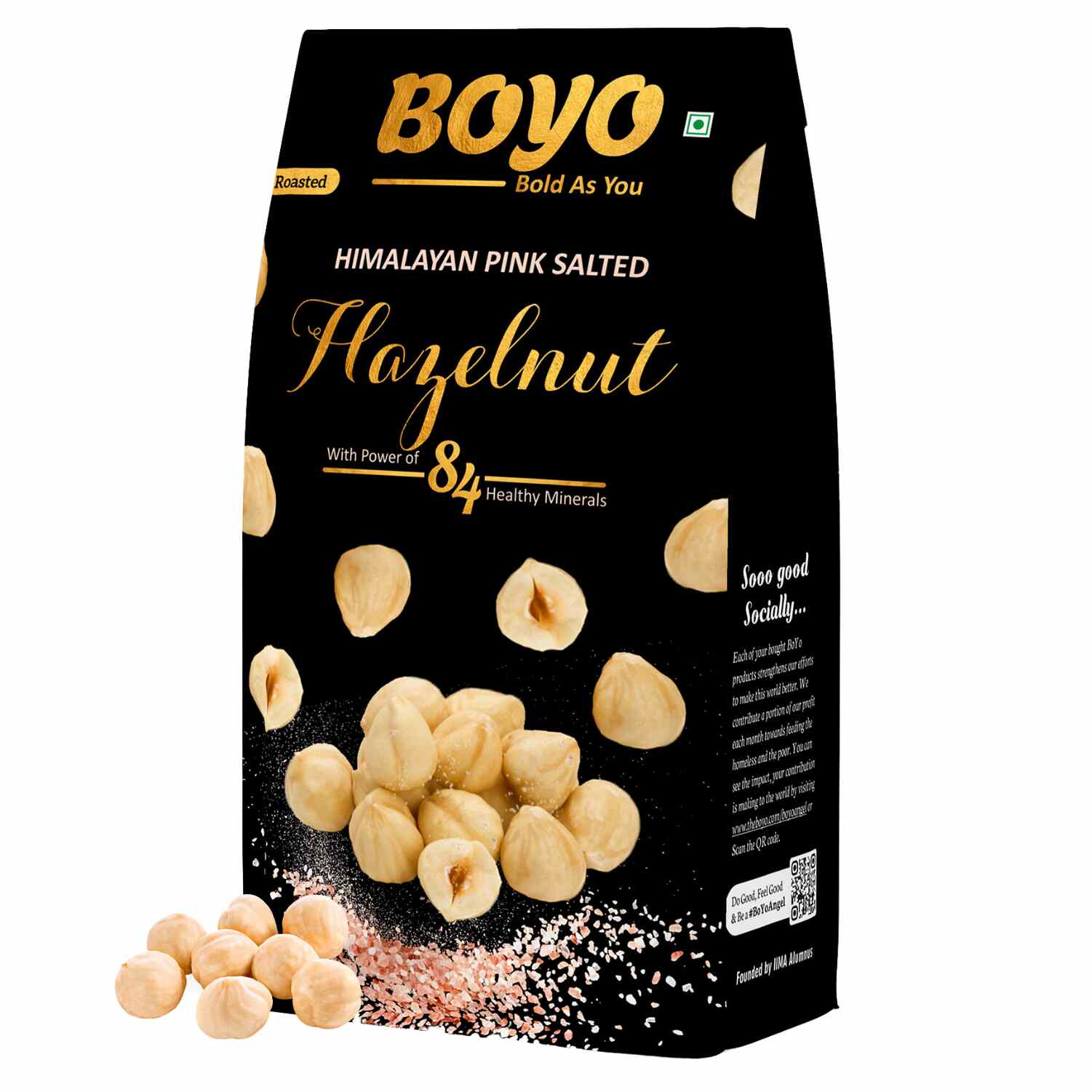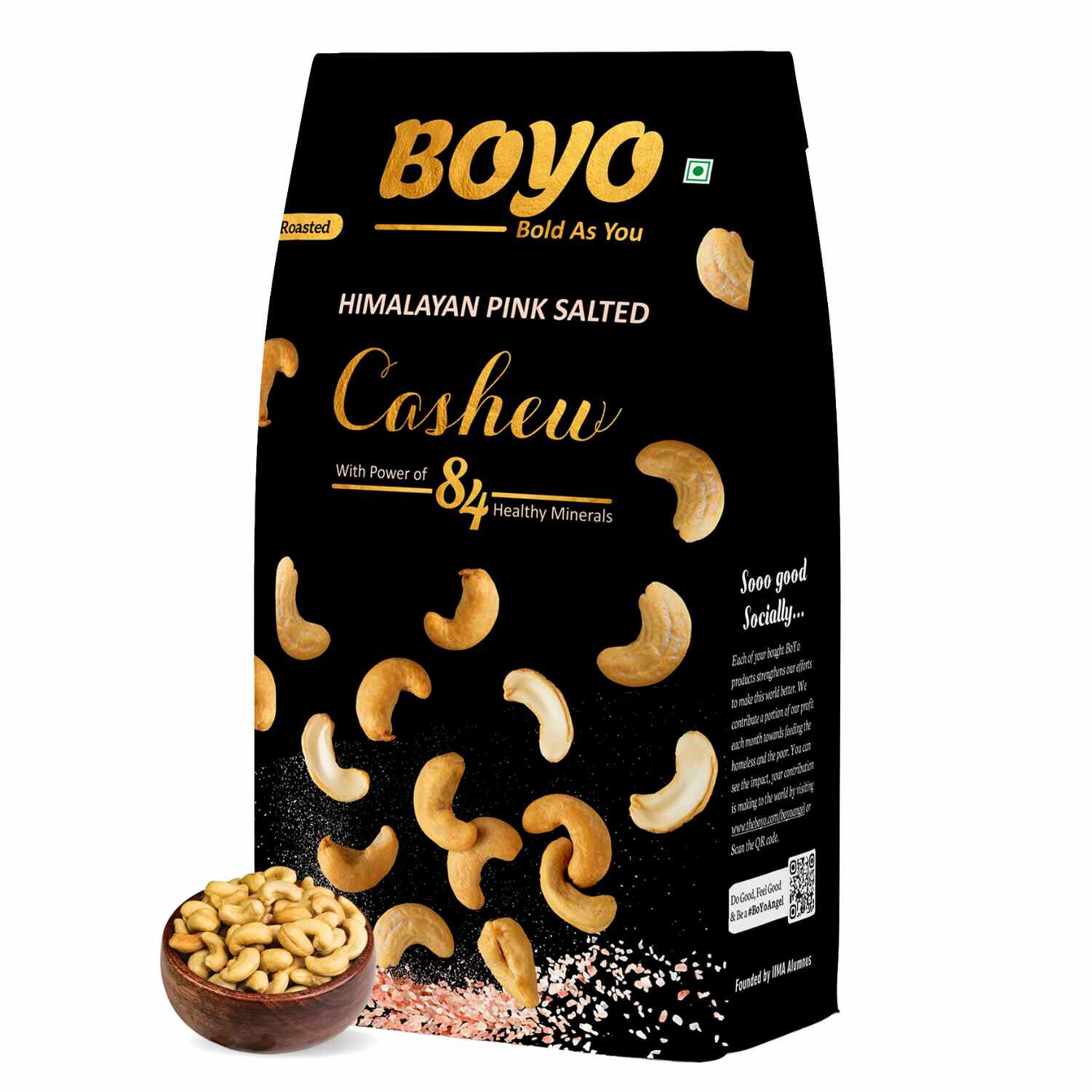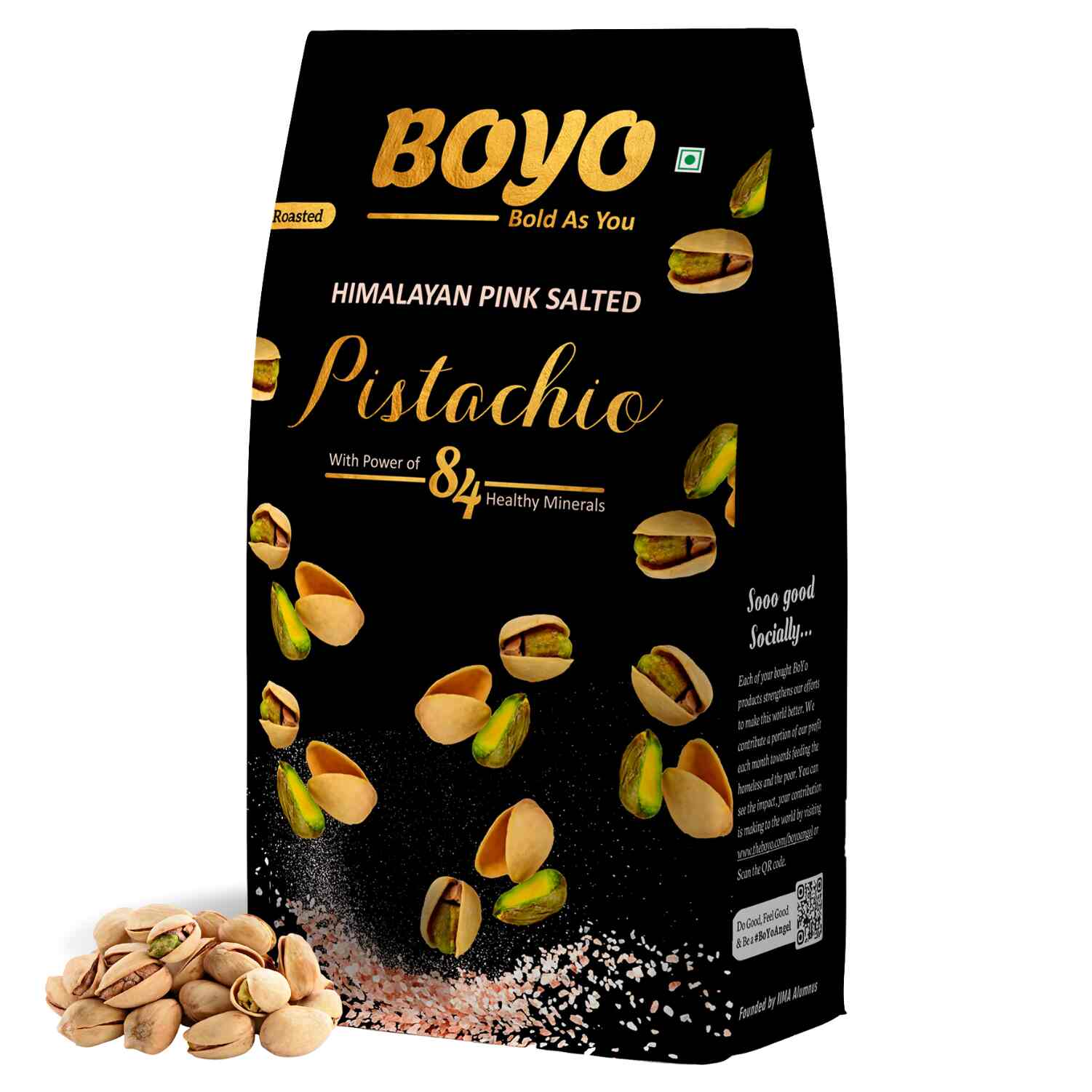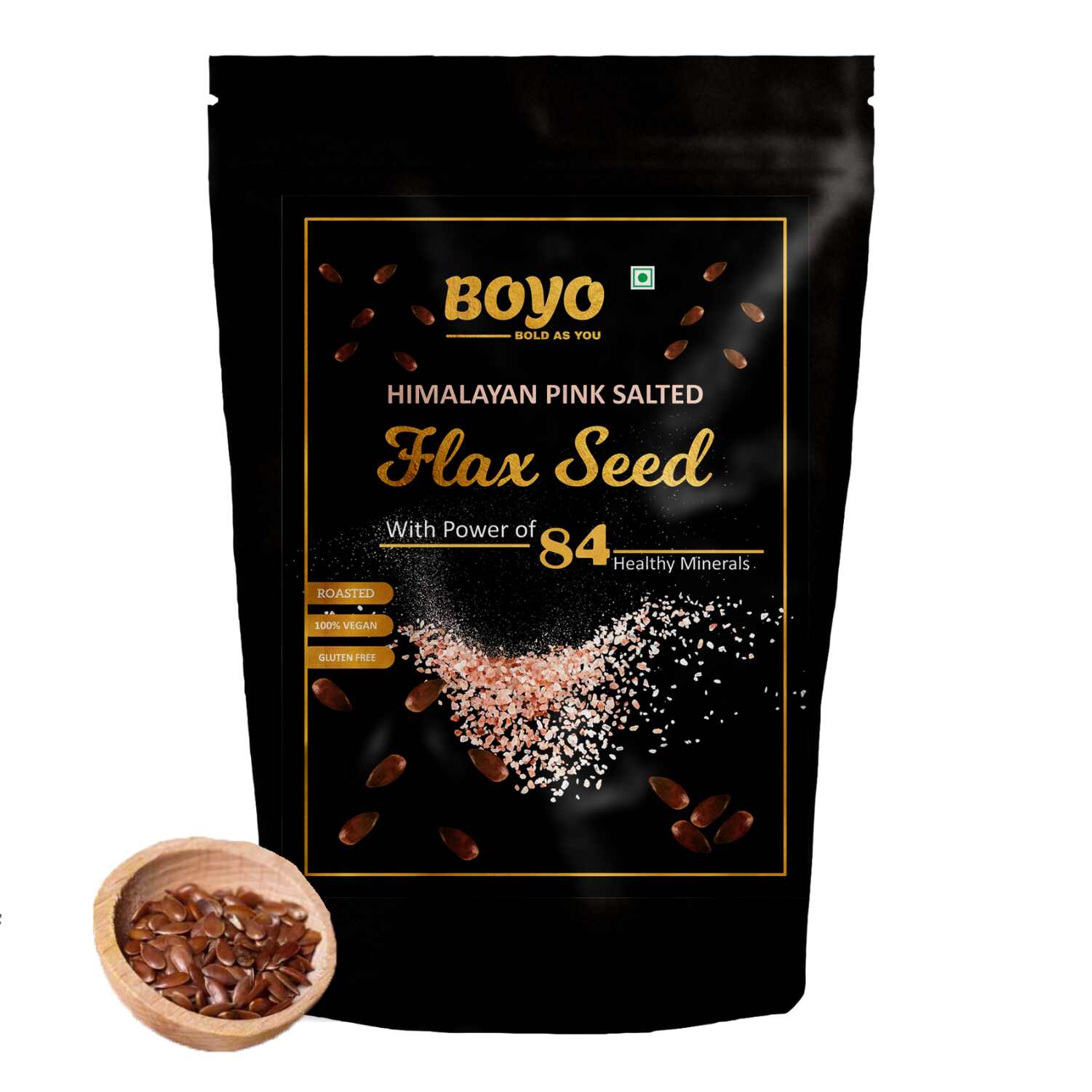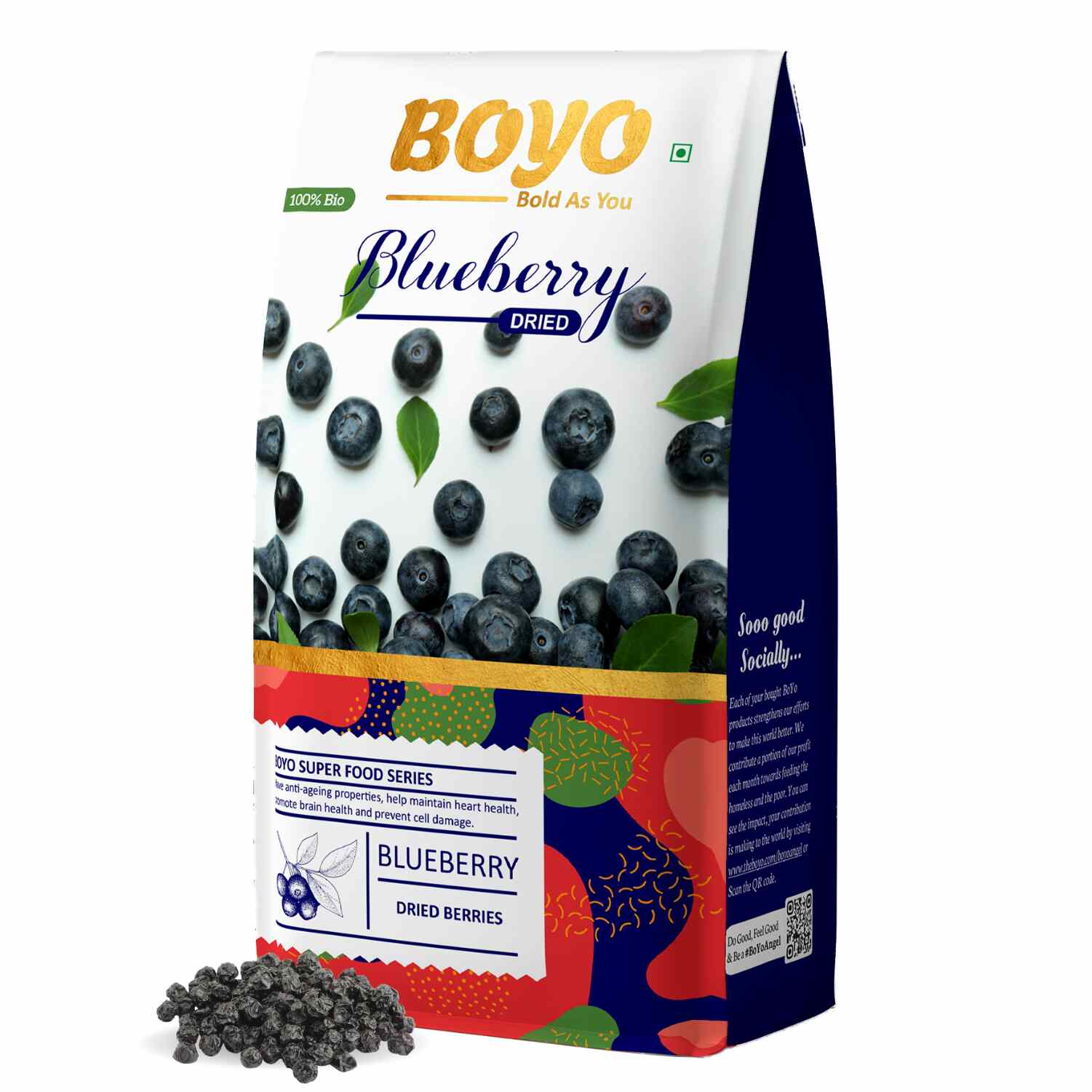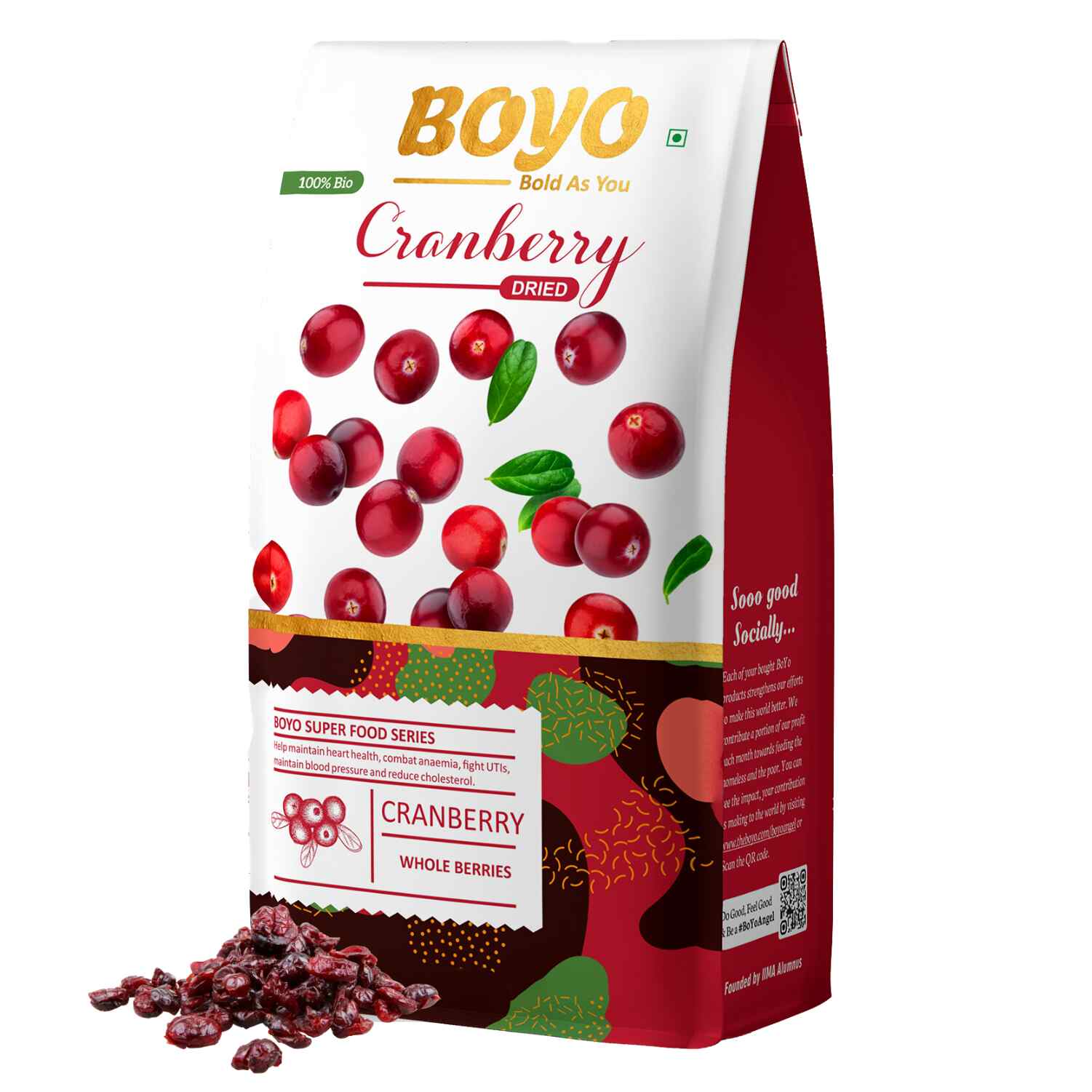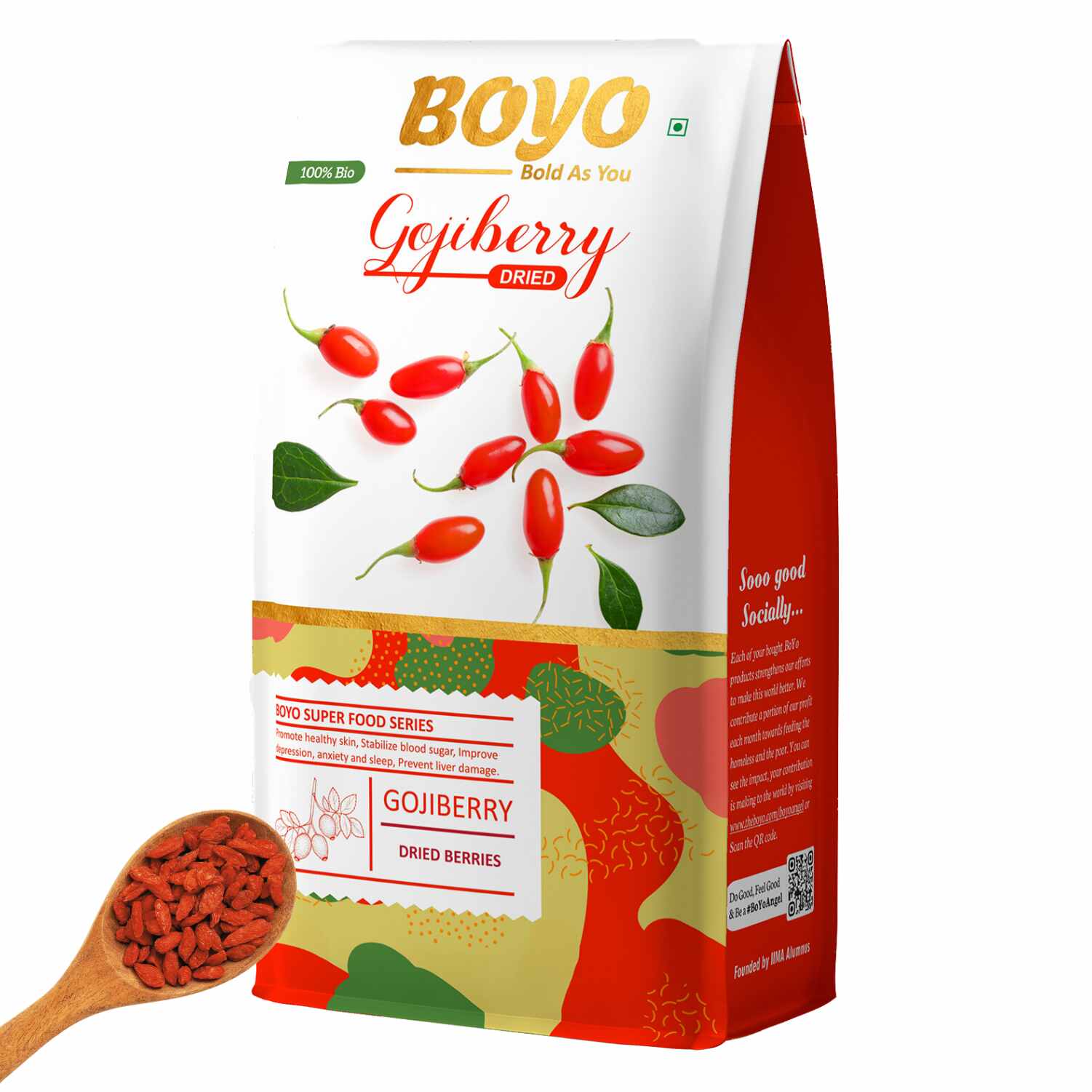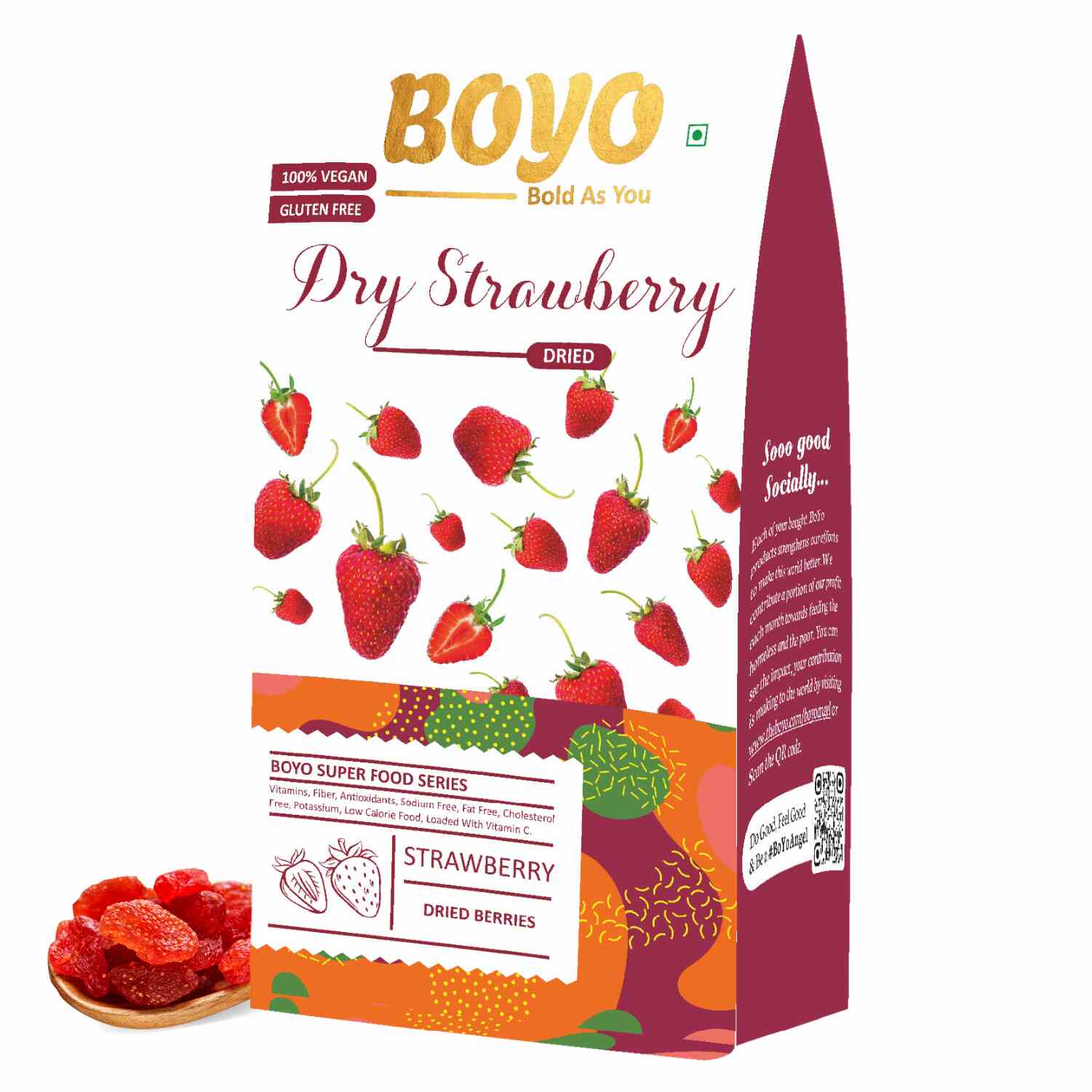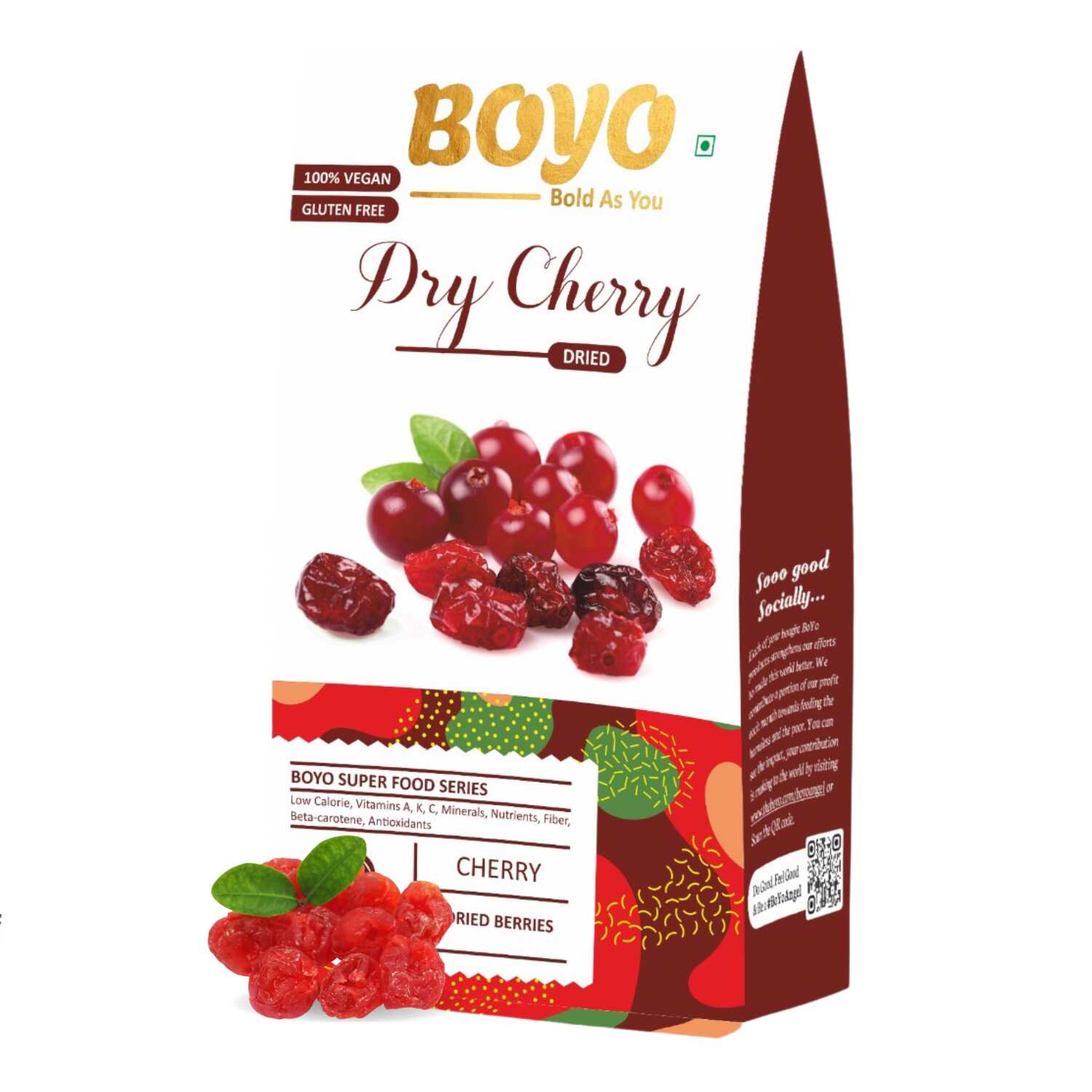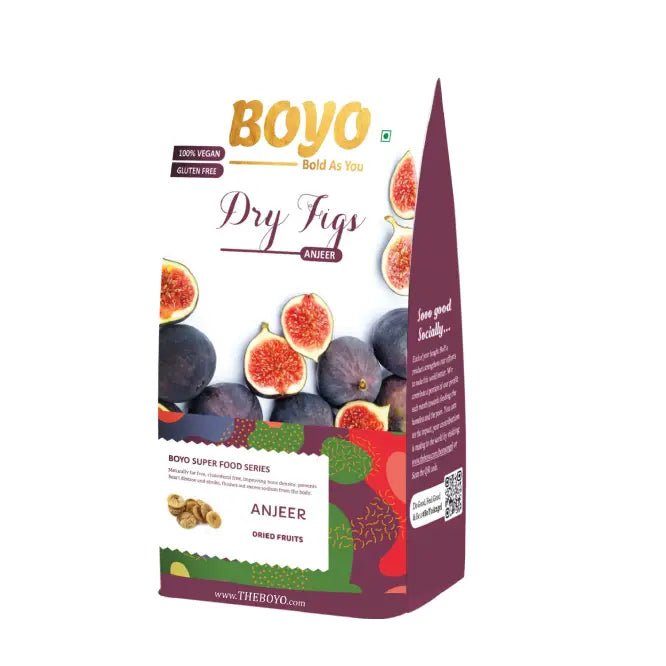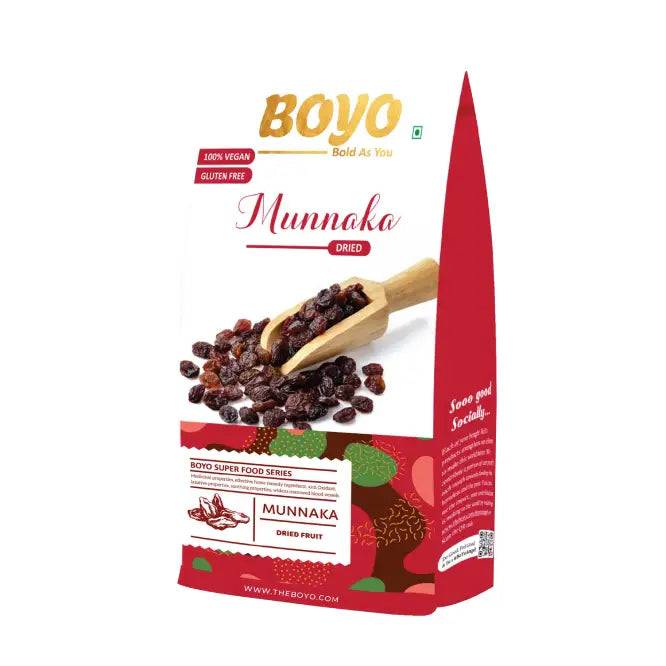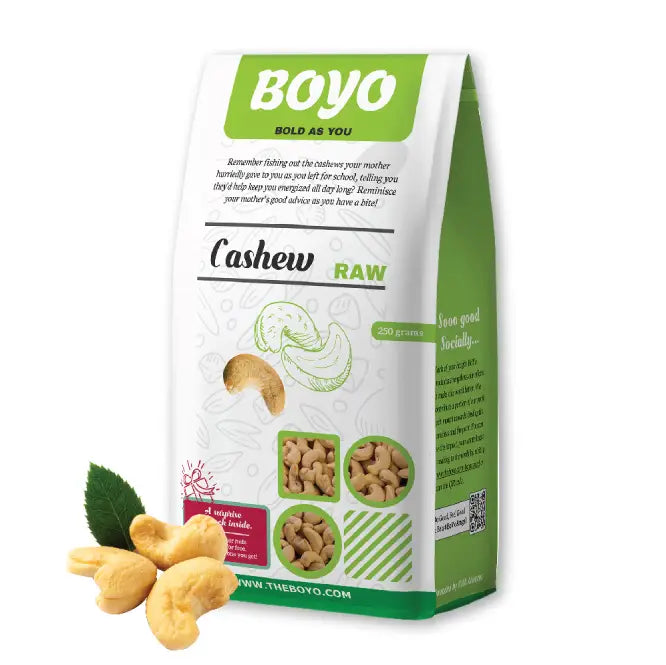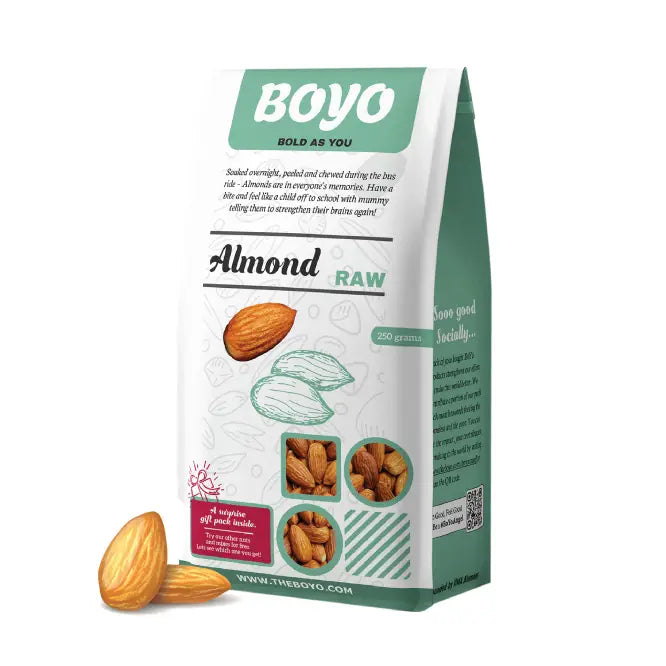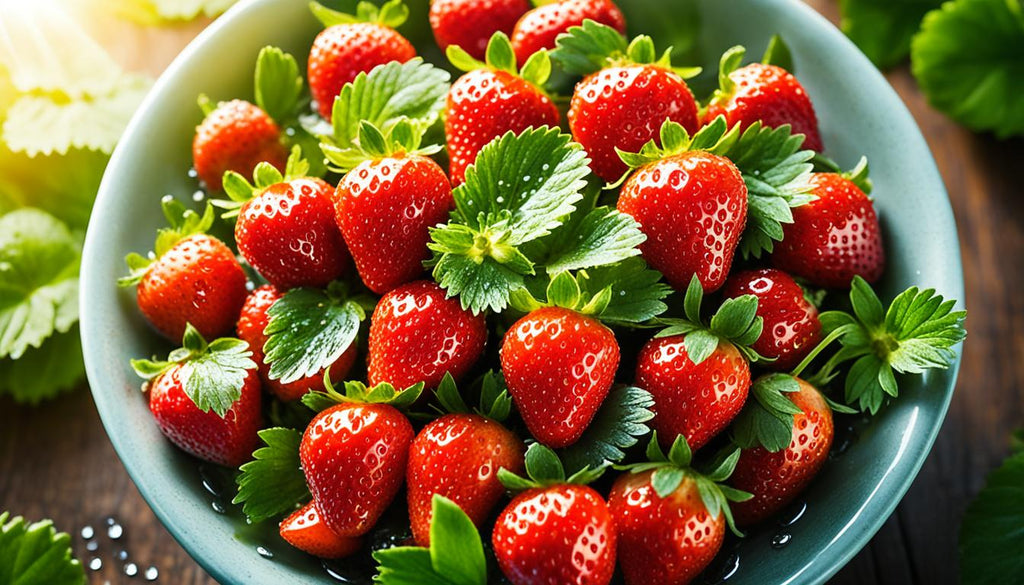
Eating Strawberries Every Day: Your Health Unveiled

Strawberry
Strawberries are much more than just a delightful treat for the taste buds; they are a treasure trove of essential vitamins, minerals, and antioxidants that are instrumental in promoting overall health and well-being. Delving into the remarkable nutritional profile of strawberries unveils a plethora of benefits that can significantly elevate your health status. From bolstering immune function to supporting heart health and contributing to vibrant skin, the nutritional richness of strawberries is truly impressive. Let's embark on a journey to uncover the myriad ways in which strawberries can nourish your body and enhance your overall quality of life.
Key Takeaways:
Low-Glycemic Goodness: Strawberries are a low-glycemic food, making them a smart choice for maintaining glucose control.
Nutrient-Rich Powerhouse: Packed with vitamins, fiber and, strawberries offer a nutritional boost with benefits ranging from improved insulin sensitivity to skin protection.
Health All-Rounders: Embrace the multitude of health benefits strawberries bring, including enhanced insulin sensitivity, skin protection, osteoarthritis management, and cardiovascular support.
Calorie-Smart and Fiber-Rich: Low in calories and sugar but high in fiber and vitamin C, strawberries prove that health-conscious choices can be delicious.
Versatile Enjoyment: Whether fresh, frozen, or dried, strawberries provide versatile options to incorporate into your diet.
In the pursuit of weight management, strawberries emerge as a valuable ally. Beyond their low-calorie and low-sugar profile, the polyphenols in strawberries play a role in enhancing insulin sensitivity. Improved insulin sensitivity aids in efficient glucose metabolism, preventing blood sugar spikes and reducing the risk of weight gain. Embrace the sweet journey to a healthier you with the delightful addition of strawberries to your diet.
Understanding the Mechanism: How Strawberries Make a Difference
The magic behind strawberries lies in their polyphenols, which activate specific pathways regulating glucose metabolism. By doing so, strawberries heighten insulin sensitivity, enabling the body to utilize glucose for energy rather than storing it as fat.
Moreover, strawberries boast a low glycemic index, meaning they exert minimal impact on blood sugar levels compared to other fruits and carbohydrate-rich foods. This quality renders strawberries an excellent choice for individuals mindful of their weight or concerned about blood sugar levels.
Incorporating strawberries into your weight loss regimen is a breeze. Whether enjoyed solo, added to salads or yogurt, or blended into refreshing smoothies, strawberries infuse your meals with both flavor and nutrition.
Nutrition Fact as Per 100gm
| Calories | 370 Kcal |
| Total Fat | 1 g |
| Saturated Fat | 0 g |
| Monounsaturated Fat | 0 g |
| Polyunsaturated Fat | 0.0 g |
| Cholesterol | 0 mg |
| Sodium | 270 mg |
| Carbohydrate | 89 g |
| Dietary Fiber | 2.5 g |
| Sugar | 76 g |
| Protein | 1.0 g |
Strawberries not only tantalize the taste buds but also offer a plethora of health benefits, including enhanced insulin sensitivity for weight management. So, why not embrace strawberries in your daily dietary routine and savor their delicious taste while reaping the nutritional rewards they bring?
The Incredible Health Benefits of Strawberries: What You Need to Know
Strawberries aren't just a tasty treat; they're also packed with a multitude of health benefits that can enhance your overall well-being. Here's a closer look at why these vibrant berries are considered a nutritional powerhouse:
Rich in Nutrients: Strawberries are loaded with essential vitamins and minerals, including source of manganese, folate, and potassium. These nutrients support various bodily functions, including immune health, bone strength, and heart function.
Improved Heart Health: The high levels of fiber in strawberries can contribute to better heart health by reducing cholesterol levels, regulating blood pressure, and improving blood vessel function.
Weight Management: Despite being naturally sweet, strawberries are low in calories and high in fiber, making them an excellent choice for weight management.
Blood Sugar Regulation: The fiber in strawberries may also help regulate blood sugar levels, making them a diabetes-friendly fruit option.
Brain Health: Some research suggests that the antioxidants in strawberries may help protect the brain from age-related decline and cognitive impairment, potentially reducing the risk of conditions like Alzheimer's disease.
Enjoy them fresh as a snack, add them to salads, oatmeal, or yogurt, or blend them into smoothies for a refreshing treat.
Dry Strawberry: Convenient Storage and Transportation
Long Shelf Life: Drying strawberries removes the moisture content, preventing the growth of mold and bacteria. This process significantly extends their shelf life compared to fresh fruit, allowing you to enjoy them over an extended period.
Easy Storage: Dry strawberries require minimal storage space. You can keep them in airtight containers, resealable bags, or jars, making it simple to incorporate them into your pantry or carry them as a snack on the go.
Convenient Snacking: Dried strawberries are a portable and mess-free snack, making them an ideal option for busy lifestyles. Whether you're at work, school, or on a hike, these tasty treats are easy to pack and enjoy without the need for refrigeration.
Versatile Ingredient: Dry strawberries can be a versatile addition to your culinary endeavors. Use them in baking, sprinkle them over cereals or yogurt, or include them in trail mixes. Their concentrated flavor can elevate a variety of dishes.
Nutrient Retention: While the drying process slightly reduces certain nutrients, dried strawberries still retain many essential vitamins, minerals, present in their fresh counterparts. This makes them a nutritious option for those seeking a convenient and tasty snack.
Year-Round Availability: Which may have a limited availability based on seasons, dried strawberries are typically available year-round. This ensures you can enjoy the delightful taste and nutritional benefits at any time.
In conclusion, the ease of storage, portability, and versatility of dried strawberries make them a practical choice for those looking to savor the goodness of strawberries in a convenient and accessible form. Whether enjoyed on their own or incorporated into various dishes, dry strawberries offer a flavorful and nutritious solution for your snacking needs.
Indulge in the Most Sought-After Snack: Eat Strawberries
Embarking on a journey of sensory delight, eating strawberries is more than a mere snack—it's a culinary experience. The allure of these vibrant red berries lies not only in their sweet and juicy flavor but also in the plethora of health benefits they bring to the table.
Beyond the indulgent flavor, strawberries are a nutritional powerhouse. Rich in essential vitamins, minerals they contribute to overall well-being. Supporting immune health, to anthocyanins, offering anti-inflammatory properties, every bite is a step towards nourishing your body.
But it's not just about the health benefits; it's about the sheer joy of indulging in a snack that satisfies both the sweet tooth and the body's nutritional needs. Whether enjoyed on their own, added to yogurt, blended into a smoothie, or paired with dark chocolate for a decadent treat, eating strawberries is a versatile experience that caters to various cravings.
In every bite, you're not just consuming a snack; you're immersing yourself in a world of flavor, health, and sheer delight. So, why resist the temptation? Indulge in the most sought-after snack—eating strawberries—and let the symphony of taste and wellness unfold with every delightful morsel.
Unveiling the Nutritional Health Benefits of Strawberries:
A Symphony of Wellness: In the realm of nutrition, strawberries stand out as vibrant red gems, offering a delectable blend of flavor and health benefits. Let's delve into the nutritional richness of these berries, uncovering the elements that make them a symphony of wellness.
Vitamin C Boost: Strawberries are a powerhouse, a crucial nutrient known for its immune-boosting properties. A single cup of strawberries provides more than the daily recommended, contributing to your body's defense against illnesses.
Antioxidant Abundance: Including anthocyanins, quercetin, and catechins, strawberries combat oxidative stress and inflammation. These compounds play a vital role in reducing the risk of chronic diseases and supporting overall well-being.
Heart-Healthy Nutrients: Potassium, folate present in strawberries contribute to cardiovascular health. These nutrients help regulate blood pressure, reduce cholesterol levels, and support the overall function of the heart.
Skin-Nourishing Properties: In strawberries extend their benefits to the skin, protecting against UV damage and promoting a healthy complexion. The content aids collagen production, contributing to skin elasticity and resilience.
Incorporating strawberries into your diet isn't just about savoring a sweet and succulent treat; it's about infusing your body with a symphony of nutrients that work harmoniously to enhance your well-being.
Strawberry Plant Overview:
The strawberry plant (Fragaria) is a perennial herbaceous plant belonging to the Rosaceae family. It is cultivated globally for its delicious and nutritious fruit.
Strawberry plants typically grow low to the ground, producing runners or stolons that develop into new plants.
The plant's leaves are green and toothed, with white flowers that eventually give rise to the iconic red strawberries.
Cultivation methods vary depending on the variety and location, with some strawberries thriving in warmer climates while others prefer cooler temperatures.
The fruiting season for strawberries can range from spring to fall, depending on the variety and local climate conditions.
By including information about the strawberry plant, readers can gain insight into the origin and growth of the strawberries used in dried strawberry products. Understanding the plant's characteristics and cultivation process adds depth to the discussion of dried strawberries and enhances the overall appreciation for this delicious fruit.
Conclusion
Strawberries stand out as a nutritional powerhouse, delivering a rich blend of vitamins, minerals that contribute to overall health. Whether enjoyed fresh, frozen, or dried, these flavorful berries offer a multitude of benefits to support a healthy lifestyle.
Choosing between fresh and dried strawberries depends on personal preference. It provide a juicy burst of flavor and a satisfying crunch, while dried strawberries offer a convenient, portable snack with concentrated taste. It's crucial to be mindful of potential nutrient loss during the drying process.
Regardless of your choice, there are numerous creative ways to incorporate strawberries into your diet. Whether enjoyed on their own, added to salads, or used in various recipes, including desserts and smoothies, these versatile berries bring both sweetness and nutrition to your meals.
FAQsQ1 What are the health benefits of eating strawberries every day?
Ans. Eating strawberries every day can provide various health benefits. They are packed with vitamins, fiber, and high levels of rich in antioxidants called polyphenols. Strawberries can improve insulin sensitivity, protect the skin from damage, manage osteoarthritis, lower the risk of cardiovascular disease, promote gut health, and possibly lower the risk of cancer. They are also low in calories and sugar but high in fiber.
Q2. What makes strawberries a healthy choice?
Ans. Strawberries are rich in essential nutrients, including fiber. These components contribute to various health benefits, such as supporting immune function, promoting heart health, and providing anti-inflammatory effects.
Q3. What are common challenges in strawberry cultivation?
Ans. Common challenges include pest and disease management, ensuring proper soil conditions, preventing overwatering or underwatering, and protecting the plants from extreme weather conditions.
Q4. What are wild strawberries?
Ans. Wild strawberries, scientifically known as Fragaria vesca, are a species of strawberries that grow in the wild. They are smaller than cultivated varieties but are known for their intense flavor.
Q5. What health benefits do anthocyanins offer?
Ans. They are associated with potential health benefits, including anti-inflammatory effects, cardiovascular support, improved cognitive function, and potential protection against certain chronic diseases.
Q6. Is there a difference in nutritional value between fresh and dried strawberries?
Ans. While both fresh and dried strawberries offer nutritional benefits, it's important to note that the drying process may result in some nutrient loss. It provide a juicy and crunchy experience, while dried ones offer convenience and concentrated flavor.
Q7. Are dried strawberries as nutritious as fresh strawberries?
Ans. Dried strawberries retain most of their nutritional benefits, including vitamins, minerals. However, the drying process may reduce some of the content. It's important to choose dried strawberries without added sugars or artificial additives.
Q8. Do strawberries contain fiber?
Ans. Yes, strawberries are a good source of dietary fiber. One cup of strawberries provides about 3 grams of fiber, which can help support digestive health and promote feelings of fullness.
Q9. Is dried strawberry flavor natural or artificial?
Ans. Dried strawberry flavor can be either natural, derived from real strawberries, or artificial, created using synthetic flavor compounds. Many food products use a combination of both to achieve the desired taste.
Q10. What are the health benefits of Fragaria?
Fragaria fruits are rich in dietary fiber, making them beneficial for heart health, immune function, and digestive health. They also contain flavonoids like anthocyanins, which have anti-inflammatory properties.
Q11. How should strawberry fruit be stored to maintain freshness?
Ans. Strawberries should be stored in the refrigerator and preferably in a single layer to prevent bruising. It's best to wash them just before eating to prevent moisture absorption and spoilage.
















